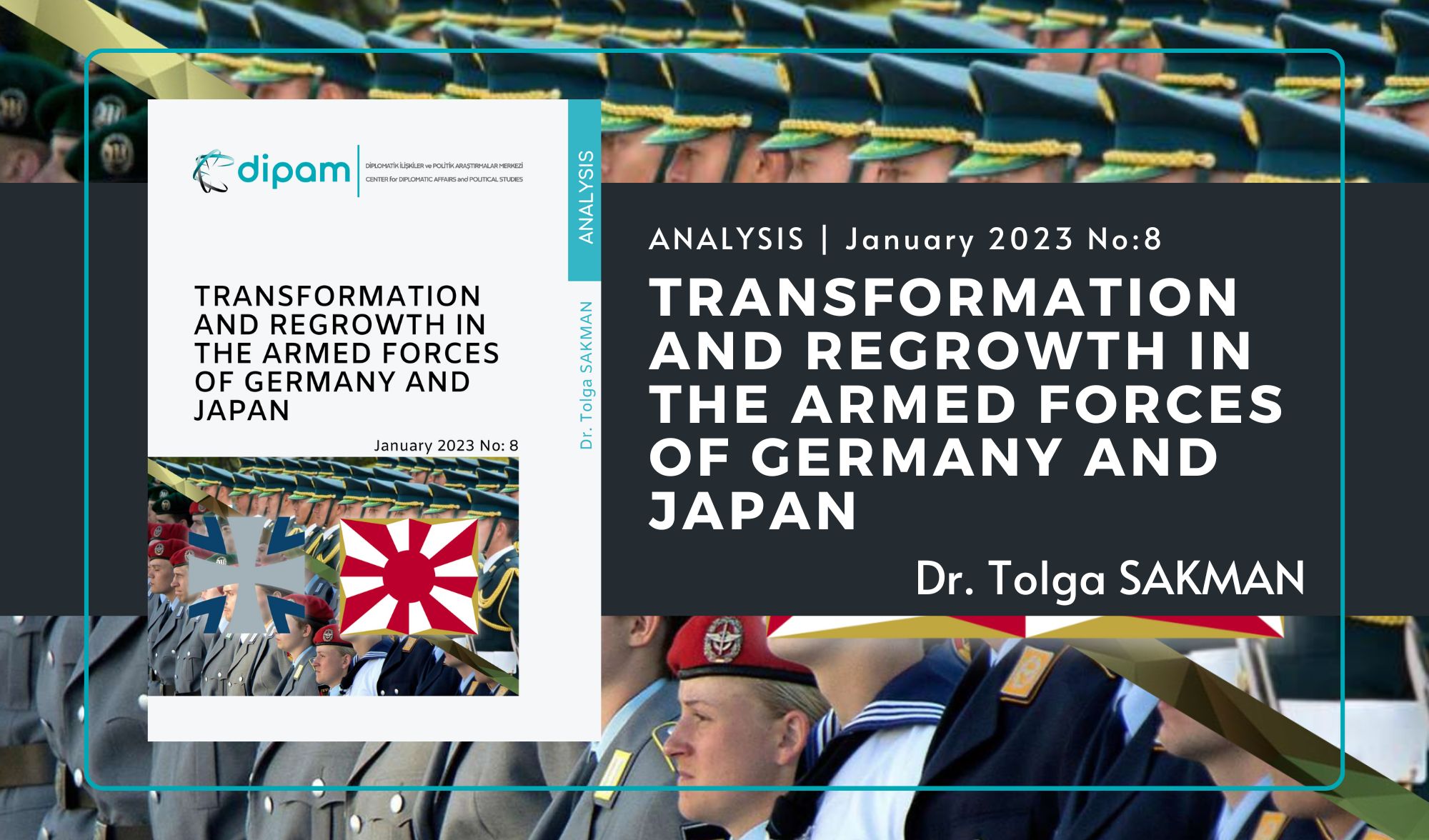Although the world has long distanced itself from the logic and environment of the World War II, some issues still continue to be explained with reference to those days. Especially when it comes to military issues, we can talk about 80 years of stability in the rulings and political debates in Germany and Japan. Anti-militarist principles were strongly enshrined in the post-war constitutions of both former Axis powers: both had strong pacifist movements that continue to wield significant political influence, both relied heavily on US security guarantees, and both have remained passive, inactive and much more outside of the problematic issues than countries with similar political and economic influence in spite of the fact they have built military power capacities.
However, security-based approaches in international politics, following the recent developments that brought the classical structure of the global system on the balance of power to the attention, have affected Germany and Japan, which have maintained the current military order for 80 years, as well as many countries.
Whatever the case, today’s conditions created an important opportunity for the two countries to show their international presence more clearly and to raise their place in global policy making. The issue of military presence, which has been an important factor in the criticism that they have not become a policy maker at the level they ‘deserve’ despite all their capacities, is now on the global agenda. What will Germany and Japan do on the brink of this great opportunity to become ‘normal’ countries completely freed from pacifist oppression in the newly foreseen, non-unipolar system? Neither country lacks funds or time to tackle this transformation. The important thing is the will of Germany and Japan to handle the power and responsibility they will have with the structure they will transform.









